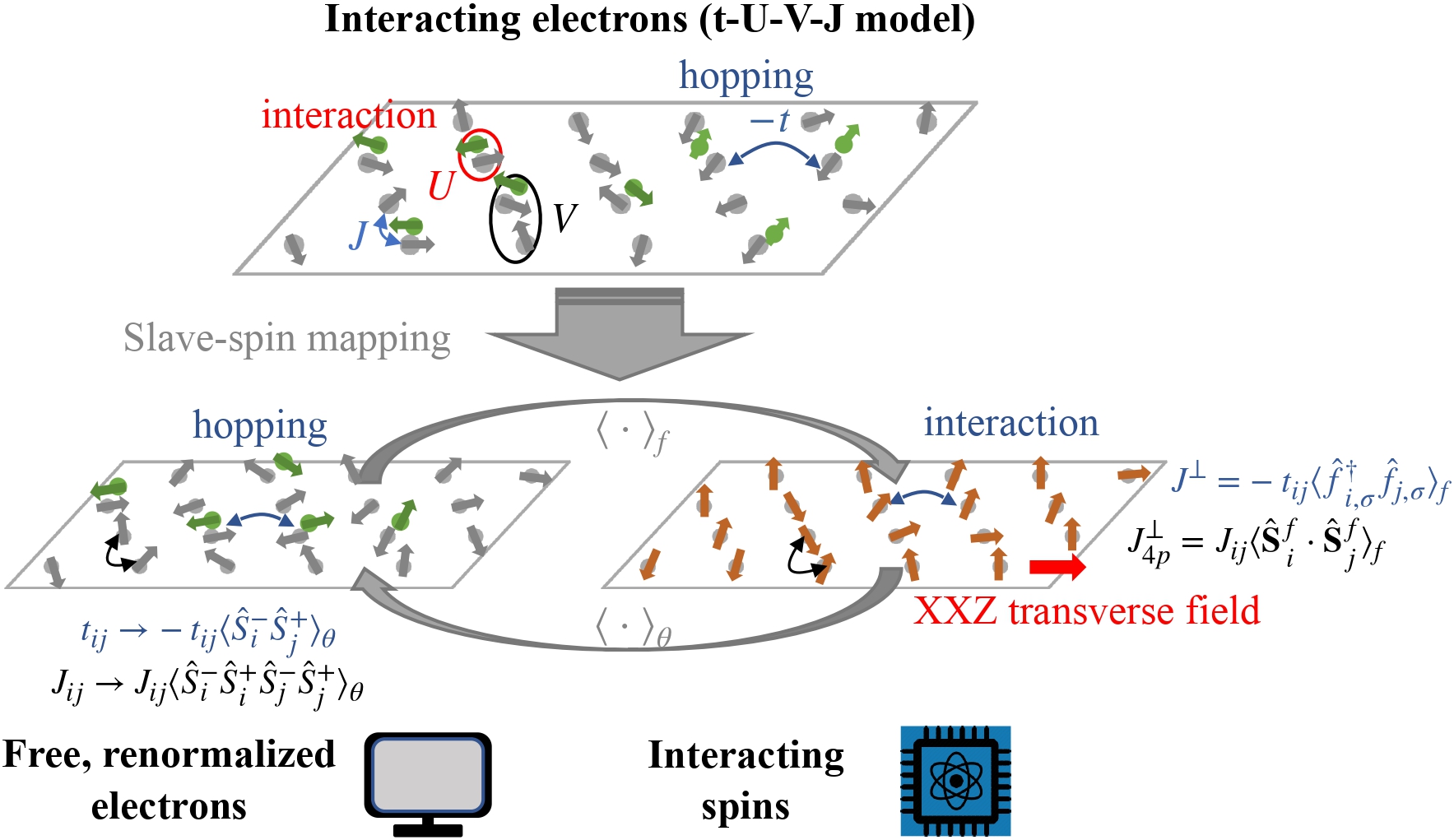
- Cet évènement est passé.
Simulation de systèmes quantiques à plusieurs corps

Olivier Simard (École Polytechnique)
A significant part of the condensed matter community has been devoted to understanding and modelling strongly correlated quantum materials. To tackle the complexity of quantum many-body problems, a wide array of « classical » computational methods has been developed [1-3]. Paradigmatic models such as the Hubbard model (and its extensions) or the transverse-field Ising model—despite their apparent simplicity—have sparked extensive computational investigations in both equilibrium and nonequilibrium settings. In recent years, progress in algorithms and increasing classical computational power have led to a convergence of state-of-the-art methods, which now begin to agree within their overlapping regimes of applicability [4-6]. Yet, quantum systems exhibiting long-range entanglement at low temperatures remain especially challenging for classical numerical approaches. An alternative route is provided by synthetic quantum simulators: experimental platforms governed by quantum mechanics that implement target Hamiltonians [7-9]. These include cold atoms in magneto-optical lattices and superconducting circuits. Among them, cold atom platforms stand out for their flexibility in realizing diverse systems and finely tuning microscopic interactions, achieving temperatures low enough to explore exotic phenomena such as unconventional superconductivity [10]. However, current quantum simulators still suffer from imperfections and noise [11-13], and many relevant quantum systems have yet to be mapped onto these platforms. In this seminar, I will present several classes of classical numerical methods designed to address quantum many-body problems in and out of equilibrium, outlining their advantages and limitations. I will also introduce some quantum simulation architectures and the challenges they face, and share ideas I have developed with collaborators to overcome these hurdles and enhance their capabilities.
[1-3] PhysRevB.43.5950, RevModPhys.68.13, RevModPhys.90.025003
[4-6] PhysRevX.13.011007, PhysRevX.11.041013, PhysRevX.11.011058
[7-9] PRXQuantum.2.017003, Nature Physics 8, 267–276, RevModPhys.80.885
[10] arXiv.2502.00095
[11-13] RevModPhys.87.637, PhysRevA.97.053803, J. Phys. B: At. Mol. Opt. Phys. 49 202001
Contact : F. Alet
